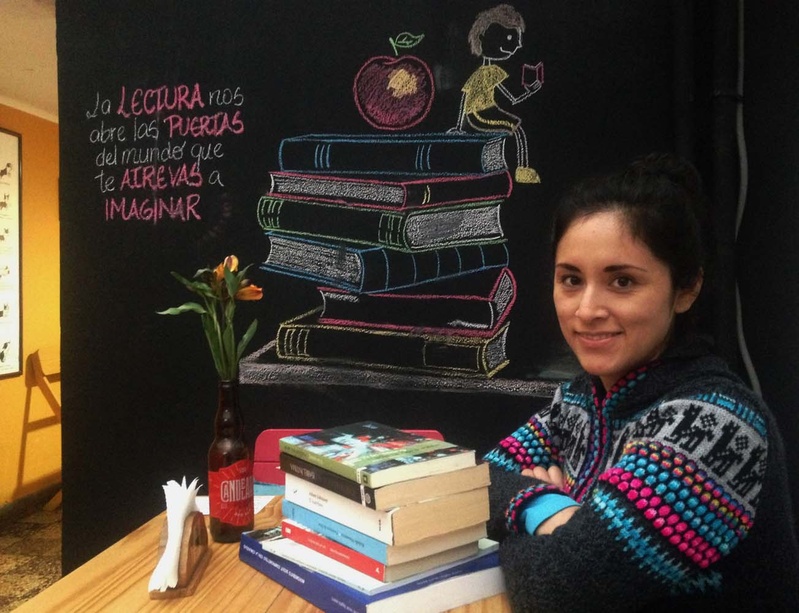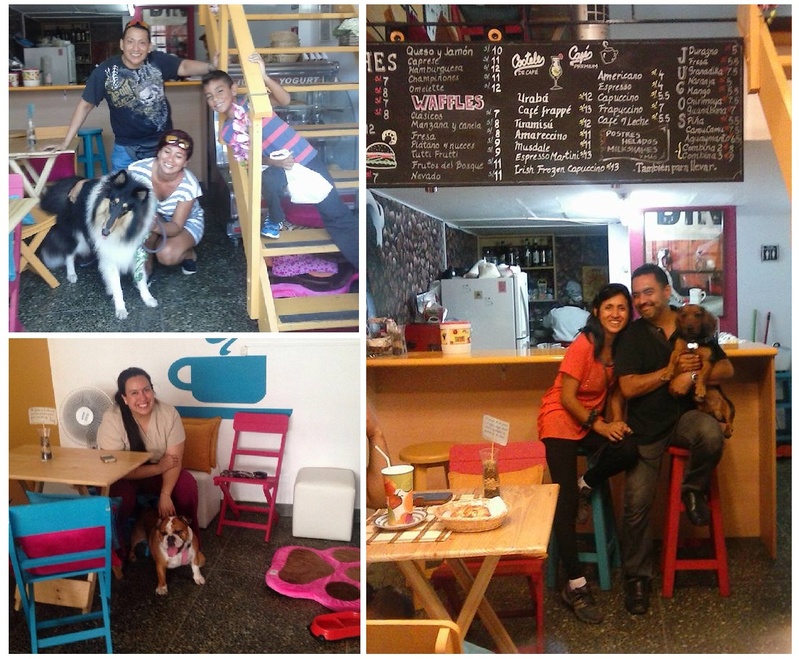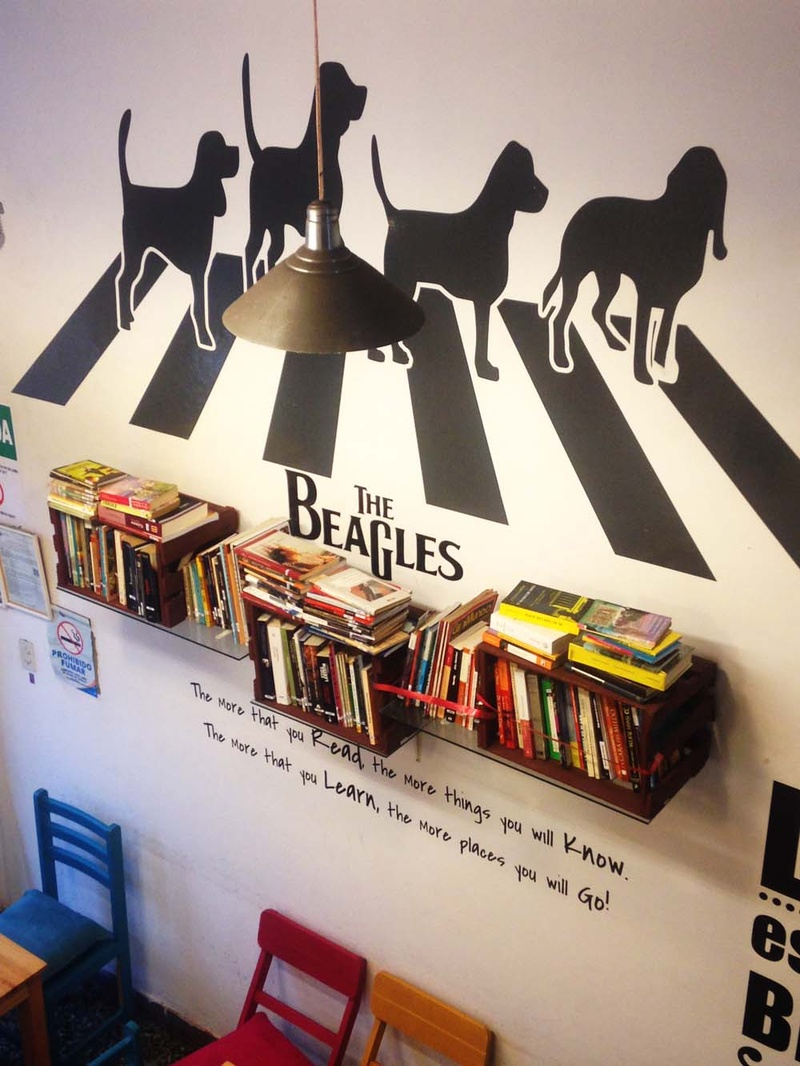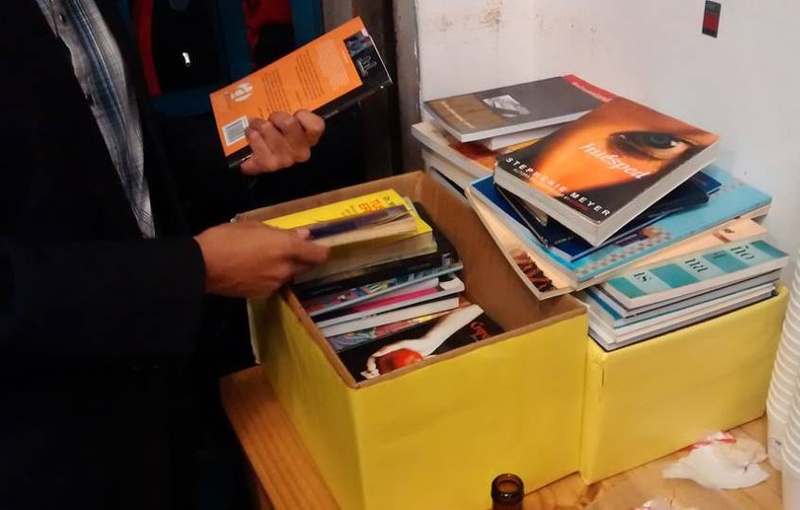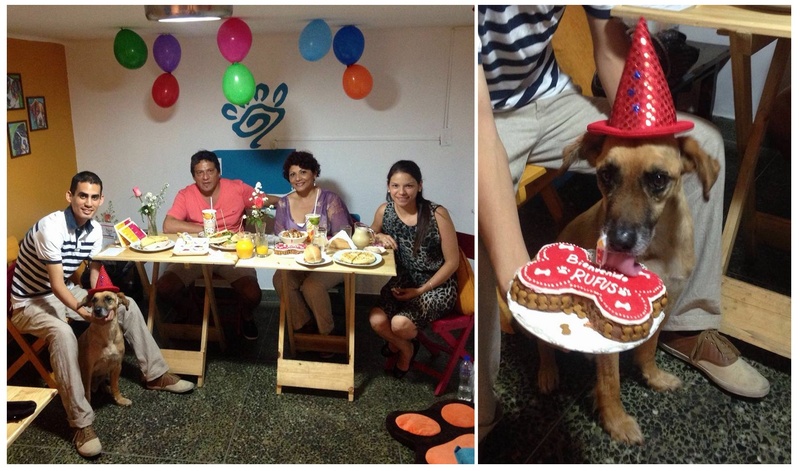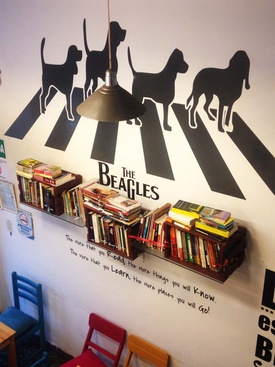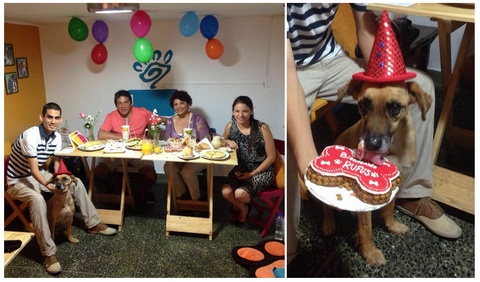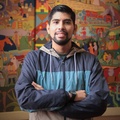It is difficult to be original in the commercial environment, so when a business breathes that dedication to making a space a different place, it is difficult not to stop at the praise. Sumiko Morales Hayashi studied architecture and practiced her profession like any young Peruvian woman finishing a university degree when she decided to embark on her own business.
He was 25 years old. I had worked designing buildings, hangars, residences and other projects but in none of them could I leave that personal stamp that is noticeable in every detail when you enter Cerato Café. She opened this store at the end of 2015, in Jesús María, a district full of businesses but where, as happened to her, she could not enter any with pets.
“Sometimes I would go somewhere with my dog and they wouldn't let us in, or I would walk by with him and people would look at me badly,” she says about Jack, who is like a son to her. That impediment became an incentive when he discovered that there were more people interested in being able to share a public place with their pet; which in Lima, a gastronomic city par excellence, could not be achieved.
First the essence
Cerato is a Bach flower, those plants converted into medicinal essences that are used as therapy in alternative medicine. Sumiko discovered that one of its benefits is that, in addition to having a relaxing aroma, it helps improve coexistence with dogs, cats and other pets (she recommends it to calm dogs due to the noise of fireworks during festive times) . If I was going to open a 'pet friendly' cafe, the name was perfect.
At first it was difficult. “Many brought their dogs and let them loose, they thought it was a place for them to play and break things,” says Sumiko. That is why it was necessary to create a regulation: schedule, what to do in case of accidents and certain limits, such as the use of a leash, for example, or having a maximum of two dogs per table, among other rules.
It was the end of 2015 and a few months before, WUF had appeared, a civil association that promotes the adoption of homeless dogs (they estimate that in Peru there are about six million dogs living on the streets) and that has helped spread “a better world for All the dogs". At that time, in Lima, there were almost no 'pet friendly' establishments. Now there are almost twenty, including cafes, bookstores, shops and hairdressers 1 .
dog world
At the end of 2016, Sumiko and her husband decided to move next door to have more space but maintain the concept. “It is important to be clear about the message,” says she, who has expressed her love for dogs in every corner of the cafeteria. The Beatles crossing Abbey Road are The Beagles, the photos of dog visitors plastered on a wall are increasing and on the corners of the tables there are messages about loving dogs.
“When your dog sees you, he feels the same as we do when we fall in love,” is one of them. A mural preserves the drawings and messages that people leave about their dogs. In addition, they have beds for pets and a menu based on vegetables, tubers and fruits that you can order for your dog for the price of a coffee. She has also made desserts for dogs, including cupcakes, muffins and lamb donuts, as well as apple and oatmeal treats and cookies.
Little by little, the public has become accustomed to this initiative that recalls the message of WUF in a city that is still far from Buenos Aires, with more than 700 'pet friendly' establishments; from New York, where hotels allow pets to stay; from Amsterdam or Berlin, among many others, where they can use public transport freely.
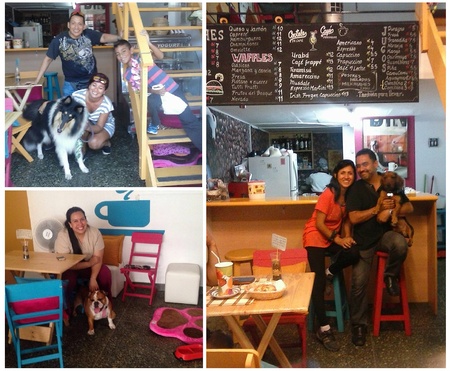
Books and coffee
Sumiko began to spend so much time in Cerato that, one day, she decided to bring her books so as not to give up her love of reading novels. It was then that one of his friends asked him why he didn't lend them to clients, a very simple practice although not widespread in Lima. Unlike bookstores that sell coffee, Cerato's proposal is cultural, not commercial.
He started with his own books, among which there were works by Mario Vargas Llosa and José Saramago, and in June of this year he created an event to receive donations of books in exchange for a coffee. The event was a complete success, with Alicia Eiko Onchi from Sakaguchi, president of the Peru Shimane Kenjinkai association, who gave away some books on the opening night.
The interesting thing is that clients have a place where they can read while their visit lasts (they are not available at home), which allows them to reserve that time for reading. In a country where, on average, less than one book per person is read per year 2 , but where book fairs record increasing sales 3 , reading seems like another form of consumption out of fashion and not out of genuine interest.
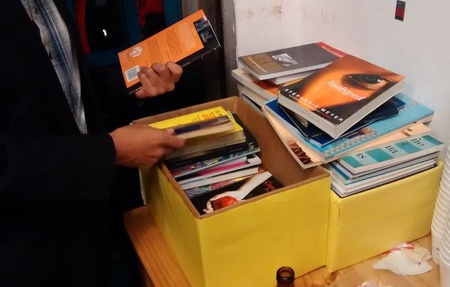
A new chapter
As well as her taste for books and love for dogs, Sumiko has also put in Cerato a decoration that recovers recycled materials and a menu in which there are homemade dishes designed by herself, as well as waffles and crepes in various presentations, another of their weaknesses. Now, with the inauguration of the Bibliocafé, a new chapter begins.
The night of the event, which had live music, poetry reading and storytelling, featured nearly 200 titles, including Peruvian literature, classic authors, best sellers and scientific magazines. As the motto next to the library in the main dining room points out (“Reading is like kissing. Those who don't do it frequently, it shows on their tongue”), reading is highlighted in this place where the public already leaves dividers in the books for your next visit.
“Kids also come to form study groups,” says Sumiko, who, between dogs and books, between peculiar parties like that of Rufus, whose family celebrated his first month of adoption in February with a cake, and reading clubs that he hopes to spread , watch as Cerato's story continues to advance page by page.
Grades:
1. Andrea Carrión, “ Your pets are more than welcome here ” ( El Comercio , May 19, 2016)
2. Grecia Llanos, “ Peruvians read on average less than one book a year ” (Diario Correo, April 12, 2017)
3. “ Book Fair closed its doors with a new record ” (Diario Correo, August 1, 2016)
© 2017 Javier García Wong-Kit


